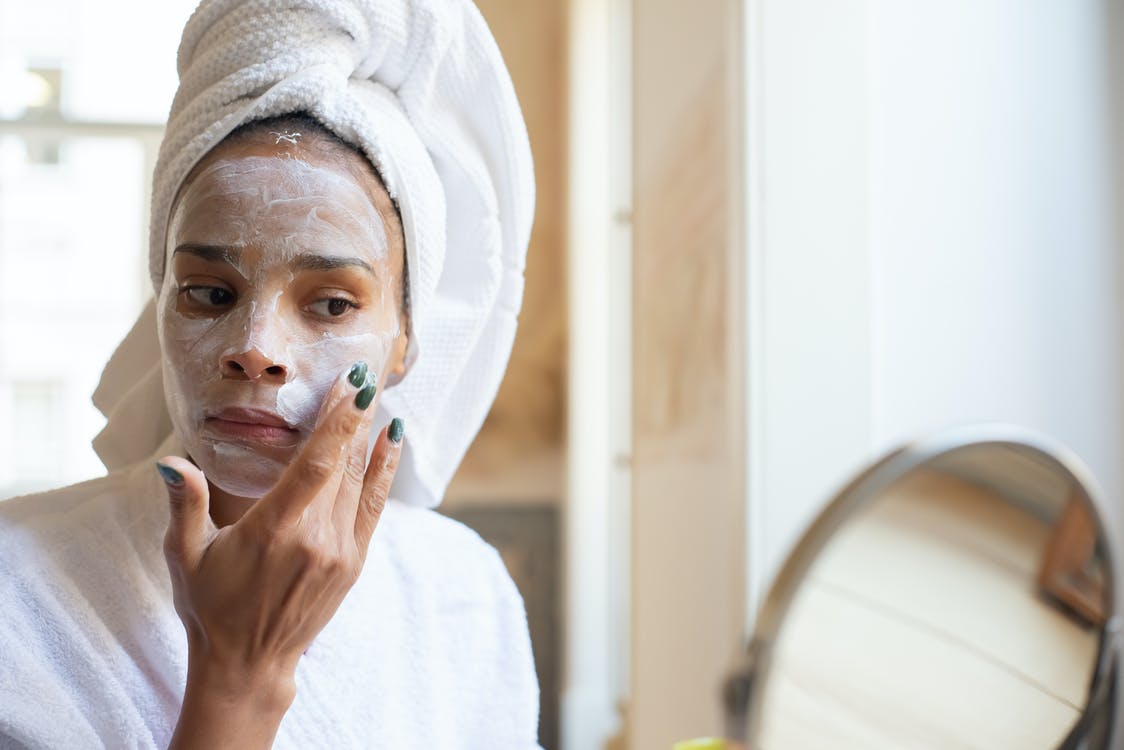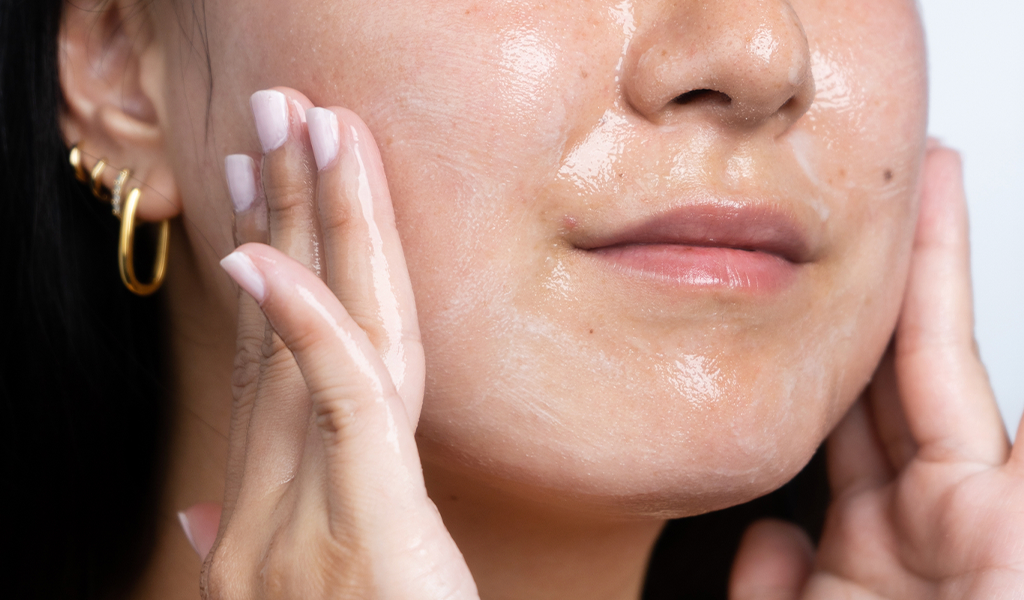When Should You Exfoliate Your Body for Best Results?
Exfoliation is a fundamental step in any skincare routine, and as a beautician, understanding when should you exfoliate your body is essential for achieving radiant skin. Regular exfoliation helps remove dead skin cells, unclogs pores, and promotes cell turnover, all of which contribute to smoother, healthier skin. In this article, we will dive deep into the various factors you should consider regarding body exfoliation, the types of exfoliants available, and optimal schedules for different skin types.
Exfoliating the body can seem like a straightforward process, but it's crucial to tailor it to individual skin needs. Finding the right balance of frequency and product type can be the difference between glowing skin and irritation. For beauticians, this knowledge enables you to better serve your clients and recommend personalized skincare regimens.

Understanding Exfoliation
Exfoliation comes in two main forms: physical and chemical. Physical exfoliation involves scrubs, brushes, or sponges, which manually slough off dead skin cells. On the other hand, chemical exfoliation uses alpha-hydroxy acids (AHAs) or beta-hydroxy acids (BHAs) to dissolve dead skin cells and reveal smoother skin underneath.
Types of Exfoliants
- Physical Exfoliants: These include salt scrubs, sugar scrubs, and tools like loofahs.
- Chemical Exfoliants: Products containing AHAs such as glycolic or lactic acid, and BHAs like salicylic acid.
- Enzymatic Exfoliants: Derived from fruits, these gently dissolve dead skin without the need for scrubbing.
Beauticians should be aware of the differences to recommend the best product suited for individual skin conditions. For example, sensitive skin may react poorly to physical exfoliation and benefit more from gentle chemical or enzymatic options.
When Should You Exfoliate Your Body?
The answer to when should you exfoliate your body varies according to skin type and various factors:
- Oily Skin: This skin type can tolerate exfoliation 2-3 times a week. Using a chemical exfoliant such as salicylic acid can help prevent clogged pores.
- Dry Skin: For dry skin types, exfoliating once a week is often enough to avoid irritation. Look for hydrating ingredients in exfoliating products, such as shea butter or oil.
- Sensitive Skin: People with sensitive skin should limit exfoliation to once every two weeks. Enzymatic exfoliants work well for these individuals.
- Combination Skin: Adjusting exfoliation frequency based on oilier or drier areastypically once a week or as neededcould yield the best results.
Signs That Indicate It's Time to Exfoliate
As a beautician, you should advise clients to listen to their skin. Signs that they may need to exfoliate include:
- Dull appearance
- Dry patches or flaky skin
- Clogged pores or blackheads
- Uneven texture or dark spots
By recognizing these signs, your clients can better understand when to incorporate exfoliation into their routines effectively.
Exfoliation Techniques
When it comes to exfoliation, technique matters. Here are some effective methods beauticians can share with clients:
- Gentle Circular Motions: When using a physical scrub, apply it in circular motions to promote even coverage.
- Patch Test: Always conduct a patch test when trying new chemical exfoliants, especially on sensitive areas. This helps avoid adverse reactions.
- Follow with Moisturizer: After exfoliation, always apply a hydrating moisturizer to lock in moisture and soothe the skin.
Dangers of Over-Exfoliation
As critical as exfoliating is, it's easy to go overboard. Over-exfoliation can lead to redness, irritation, increased sensitivity, and even breakouts. It's vital to educate your clients on how to identify potential issues and encourage them to adopt a moderate approach to this skincare habit.
How Seasons Affect Exfoliation
Different seasons can impact the skin's condition and therefore how often you should exfoliate:
- Winter: In colder months, skin tends to be drier, so consider reducing frequency or using hydrating exfoliants.
- Summer: Increased oiliness may allow for more frequent exfoliation as sweat and oil can contribute to clogged pores.
Advising your clients to adapt their exfoliation practices according to seasonal changes can help maintain skin health and appearance.
Important Ingredients for Body Exfoliation
When recommending products, consider these essential ingredients:
- Glycolic Acid: An AHA excellent for exfoliating and hydrating.
- Salicylic Acid: Great for oily and acne-prone skin.
- Lactic Acid: A gentler AHA that hydrates while exfoliating.
- Urea: Beneficial for dry skin, helping exfoliate and retain moisture.
Understanding these ingredients allows you to make informed recommendations based on your clients' specific needs.
How to Incorporate Exfoliation into Your Routine
Incorporating exfoliation into a skincare routine doesnt have to be daunting. Here are a few tips:
- Set a schedule based on skin type.
- Start with a patch test to ensure no adverse reactions.
- Follow exfoliation with hydrating products to maintain moisture levels.
These strategies promote healthy habits that can result in happier, healthier skin.

FAQs
-
How often should I exfoliate my body?
Exfoliation frequency typically ranges between once a week to three times a week, depending on skin type. -
Can I exfoliate if I have sensitive skin?
Yes, those with sensitive skin should use gentle, enzymatic exfoliants and limit exfoliation to once every two weeks. -
What are the risks of over-exfoliation?
Excessive exfoliation can lead to skin irritation, increased sensitivity, and breakouts.
By providing this valuable information on when should you exfoliate your body, beauticians can easily guide their clients towards optimal skin health. Proper exfoliation is a vital part of any skincare regimen, assisting in maintaining beautiful and healthy skin. To learn more about skin exfoliation and care routines, check out this informative resource. For further reading on the benefits of organic ingredients in skincare routines, visit our Aloe Vera Benefits blog.

